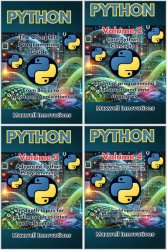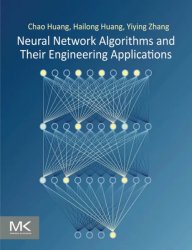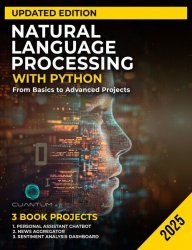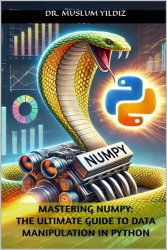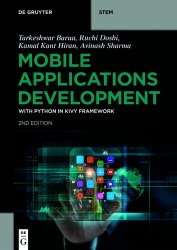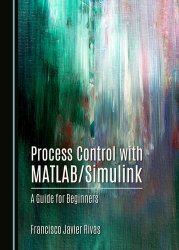- Добавил: literator
- Дата: 26-04-2025, 18:43
- Комментариев: 0
 Название: Advances in Optimization Algorithms for Multidisciplinary Engineering Applications
Название: Advances in Optimization Algorithms for Multidisciplinary Engineering ApplicationsАвтор: Diego Oliva, Arturo Valdivia, Seyed Jalaleddin Mousavirad, Kanak Kalita
Издательство: Springer
Серия: Studies in Computational Intelligence
Год: 2025
Страниц: 798
Язык: английский
Формат: pdf (true)
Размер: 48.9 MB
This book is an authoritative compilation of the latest advancements in optimization techniques. This book covers a wide array of methods ranging from classical to metaheuristic to AI-enhanced approaches. The chapters are meticulously selected and organized in three sections—metaheuristics, Machine Learning and engineering applications. This allows for an in-depth exploration of diverse topics ranging from image processing to feature selection to data clustering, to practical applications like energy optimization, smart grids, healthcare diagnostics, etc. Each chapter delves into the specific algorithms and applications as well as provides ample theoretical insights. Accordingly, this book is ideally suited for undergraduate and postgraduate students in fields such as science, engineering and computational mathematics. It is also an invaluable resource for courses on Artificial Intelligence, Computational Intelligence, etc. Researchers and professionals in evolutionary computation, Artificial Intelligence and engineering will find the material especially useful for advancing their work and exploring new frontiers in optimization.

